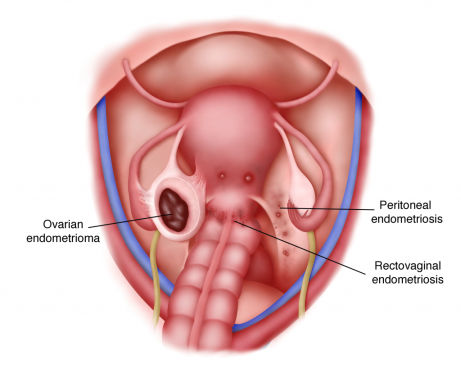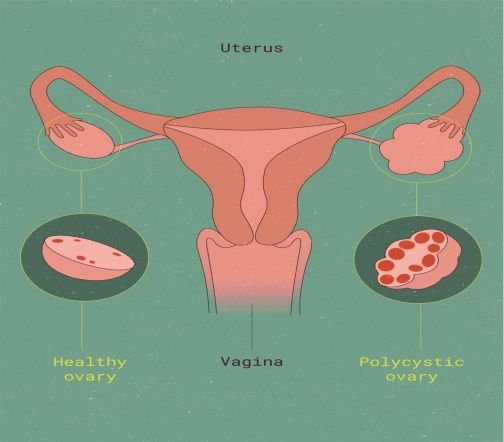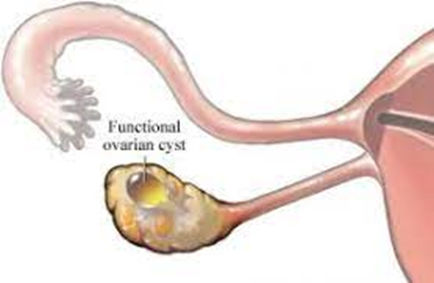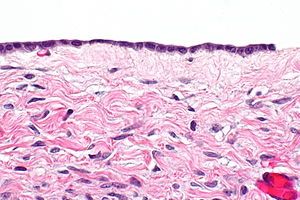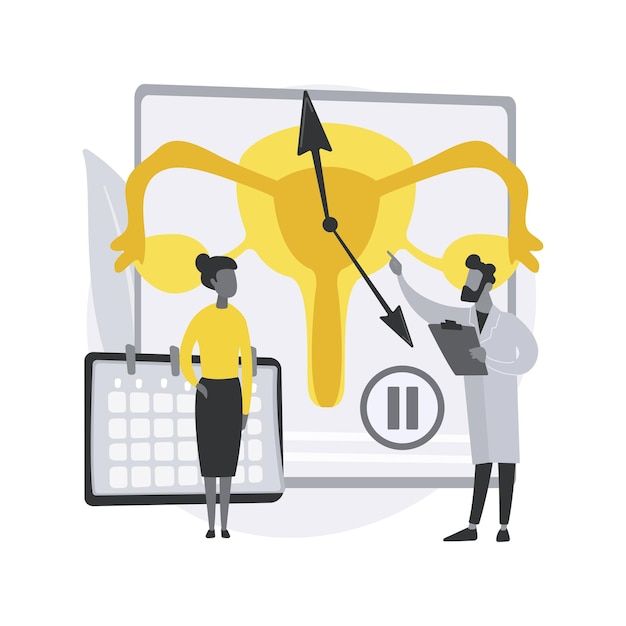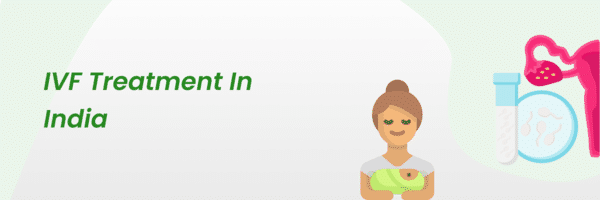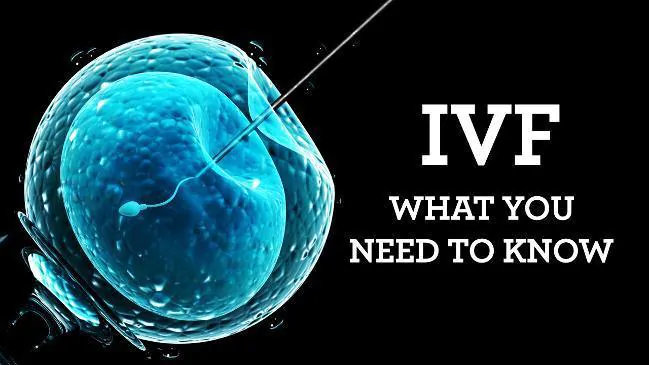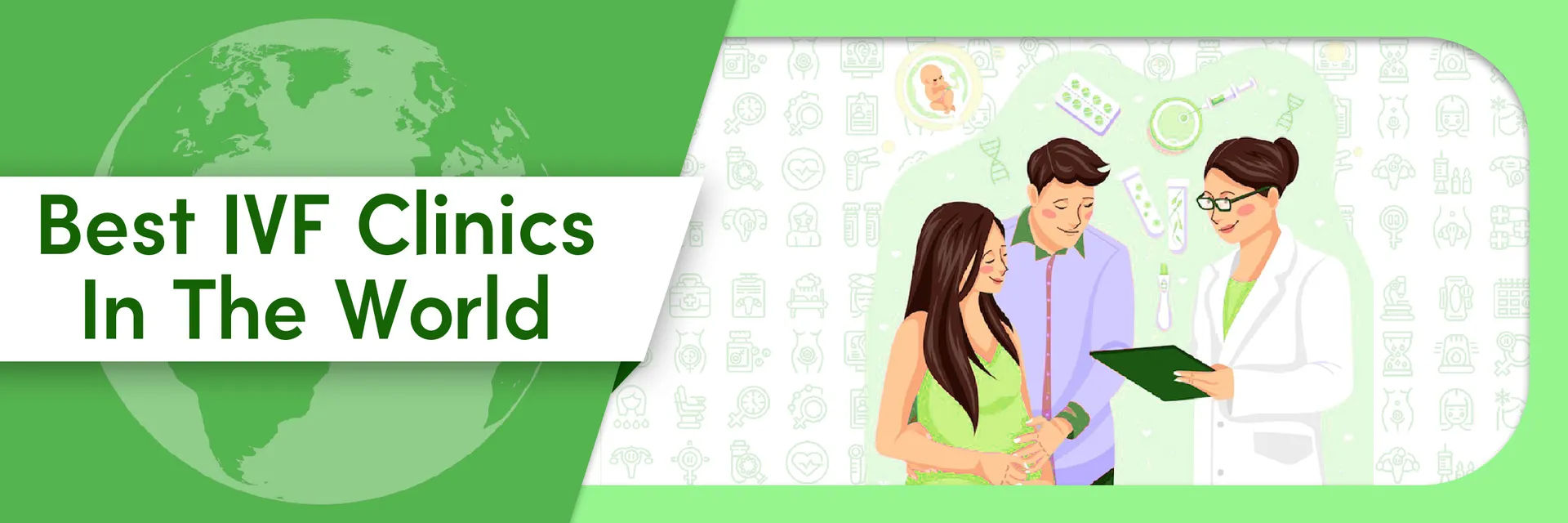Overview
An ovarian cystectomy is a surgical procedure to remove cysts from the ovaries, typically performed to preserve fertility. Ovarian cysts can affect fertility depending on their size and type. The goal during cystectomy is to maintain as much healthy ovarian tissue as possible to ensure the ovaries continue to function normally and produce eggs. This balance is crucial for women who wish to conceive in the future, making the surgeon's skill and the chosen surgical technique pivotal in protecting ovarian reserve and fertility.
Among the women with ovarian cysts:
- 60% are obese.
- 35 to 50% have fatty livers.
- About 70% of people have insulin resistance.
- 60 to 70% have elevated testosterone levels.
- 40 to 60% have glucose intolerance.
Since ovaries play a vital role in conception, let’s find out if there is a connection between an Ovarian Cystectomy and fertility.
The connection between Ovarian Cystectomy and Fertility
Some ovarian cysts may lead to a decline in fertility. It depends, though, on the kind of ovarian cyst one has.
The following ovarian cysts may impact your fertility:
Condition | Description |
Endometriomas
| Endometriosis, a disorder in which the tissue ordinarily lining the uterus (endometrium) develops outside the uterus, results in endometriomas, which are cysts. These ovarian cysts could be linked to issues with reproduction. |
Polycystic ovary syndrome-related ovarian cysts
| The disorder known as polycystic ovarian syndrome (PCOS) is characterized by many tiny cysts on the ovaries, an irregular menstrual cycle, and increased levels of certain hormones. PCOS is linked to irregular ovulation, which may worsen fertility issues in some women. |
A woman’s fertility is usually unaffected by the following ovarian cysts:
Condition | Description |
Operative cysts or Functional cysts
| The most prevalent kind of ovarian cyst is operative or functional cyst, which includes corpus luteumand follicular cysts. This type of cyst does not contribute to or result in infertility; they grow during a normal menstrual cycle. Operative or functioning cysts are actually a sign that the functions required for conception are active. |
Cystadenomas
| Ovarian growths that develop on the surface of ovaries are known as cystadenomas. They may require treatment, but they do not impact fertility. |
Thinking about your future family? Let’s talk about how ovarian cystectomy might impact your fertility. Schedule a consultation with the best gynecologists today!
Wondering how ovarian cystectomy and fertility have a link? Read on to understand the same.
How does ovarian cystectomy affect fertility?
Ovarian cystectomy is the surgical removal of a cyst on the ovary. It can potentially affect fertility depending on the size and location of the cyst, as well as the method of cystectomy used. If the cyst is on the surface of the ovary, the surgeon usually can remove it without damaging the ovary itself. In such cases, there is likely little or no effect on fertility.
However, if the cyst is large or deeply ingrained in the ovary, or the surgeon has to remove the ovary itself, it may affect fertility. You must consult with a specialist, such as a gynecologist or a reproductive endocrinologist, for more information about your specific case.
"The ovarian cystectomy can be a vital procedure for preserving fertility when carefully managed. It's crucial to approach each case individually, weighing the risks and benefits to ensure the best outcome for reproductive health. Our goal is always to maintain as much healthy ovarian tissue as possible to support future conception." - says Dr. Swapna Chekuri, a renowned gynecologist in Hyderabad.
Does ovarian cyst removal damage ovaries?
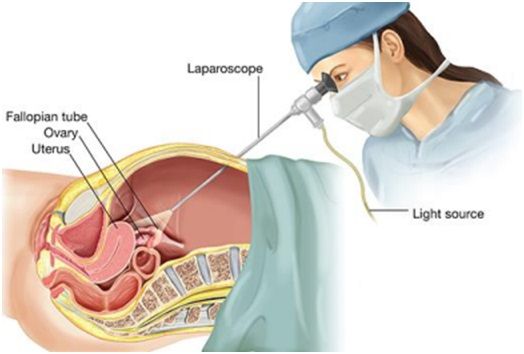
Removing an ovarian cyst can potentially damage the ovary, but this is generally considered a rare complication. The type of surgery used to remove the cyst, as well as the size and location of the cyst, can affect the risk of damage to the ovary.
In most cases, a laparoscopic surgeon performs the ovarian cyst removal. Laparoscopic surgery is a minimally invasive surgical technique that carries a lower risk of complications. However, open surgery may be necessary if the cyst is large or located in a difficult-to-reach area. In the event of open surgery, the risk of damage to the ovary is higher.
Concerned about whether ovarian cyst removal causes the hormonal imbalance?
Quite understandable!
After all, the ovaries produce the estrogen and progesterone hormones that help you conceive. Let’s continue reading to know more about it.
Can removing an ovarian cyst affect hormones?
Removing an ovarian cyst can affect hormone levels, mainly if the cyst is functional, meaning it was caused by the normal hormonal changes of the menstrual cycle.
Functional cysts usually form and disappear without intervention, but if they become large, rupture, or cause symptoms, they may need to be removed. The ovary that had the cyst may not function normally until it fully recovers from the surgery. This can affect the levels of estrogen and progesterone, which are the hormones that regulate the menstrual cycle. In some cases, this can lead to irregular periods or temporary infertility.
However, these effects are generally temporary, and hormone levels usually return to normal within a few months after surgery.
It's important to discuss with your doctor the potential effects of cyst removal on your hormones and what to expect in terms of recovery and future fertility.
Can you conceive after an ovarian cyst surgery?

It is possible to conceive after ovarian cyst surgery, but the chances of fertility can depend on a variety of factors, such as:
- the type of cyst
- the size of the cyst
- the method of surgery
- the surgeon’s expertise
- the overall health of the patient
In general, if the cyst is functional (non-cancerous) and is removed through minimally invasive surgery, the risk of fertility issues is low, and most women can conceive and have healthy pregnancies after surgery.
However, if the cyst is cancerous or the ovary needs to be removed, the risk of fertility issues increases. Women who have had one ovary removed may still be able to conceive with the remaining ovary. The risk of infertility is higher if both ovaries are removed.
Worried about ovarian cysts? Book your appointment with the top gynecologist to explore your options and safeguard your fertility for tomorrow.
What are the chances of ovarian cystectomy affecting fertility?
A study by the American Society for Reproductive Medicine (ASRM) in 2017 assessed the Spontaneous Pregnancy Rate in different groups of women.
The results concluded after a year of spontaneously trying to conceive are as follows:
| Group | Crude SPR | Cumulative SPR |
| Women who did not undergo surgery | 17.3% | 23.8% |
| Women who underwent surgery | 35.7% | 39.5% |
| Women with RV who did not undergo surgery | 24.8% | 30.6% |
| Women with RV who underwent surgery | 42.7% | 45.7% |
| Women with OMA who did not undergo surgery | 11.7% | 18.0% |
| Women with OMA who underwent surgery | 30.4% | 34.5% |
- SPR - Spontaneous Pregnancy Rate
- RV - Rectovaginal Endometriosis
- OMA - Ovarian Endometrioma
How can one reduce the risk of infertility with Ovarian Cystectomy?
The risk of infertility following an ovarian cystectomy can vary depending on the size and location of the cyst, and the surgical technique used.
Preserving as much ovarian tissue as possible during the surgery can also help to reduce the risk of infertility.
In some cases, fertility preservation techniques such as oocyte or ovarian tissue cryopreservation may be recommended before surgery. These techniques ensure that the patient has the option to have children in the future.
So now you know it is possible to conceive after an ovarian cyst surgery. But "how soon?" is the question. Let’s discuss that.
How long after ovarian cyst removal can you get pregnant?
In general, if the cyst is functional and is removed laparoscopically, ovulation and menstrual cycles usually return to normal within a few months of surgery. In these cases, many women can conceive within the first few months after surgery.
However, if the cyst is malignant or if the ovary must be removed, recovery and return to fertility can be more complicated. Depending on the type of surgery and the patient's overall health, the recovery period can be longer.
It's not always easy to predict when a woman will be able to conceive after ovarian cyst surgery, and there is no set time frame.
Ovarian cysts can be benign (non-cancerous) or malignant (cancerous). Ovarian Cystectomy is typically recommended for women who have a cyst that is:
- causing symptoms
- has grown to a large size
The link between Ovarian Cystectomy and Fertility is not always a dismal one.
Please have a detailed conversation with your doctor about the potential risks and benefits of surgery, including the possible effects on fertility and future pregnancies.
Need more information or advice?
References:
